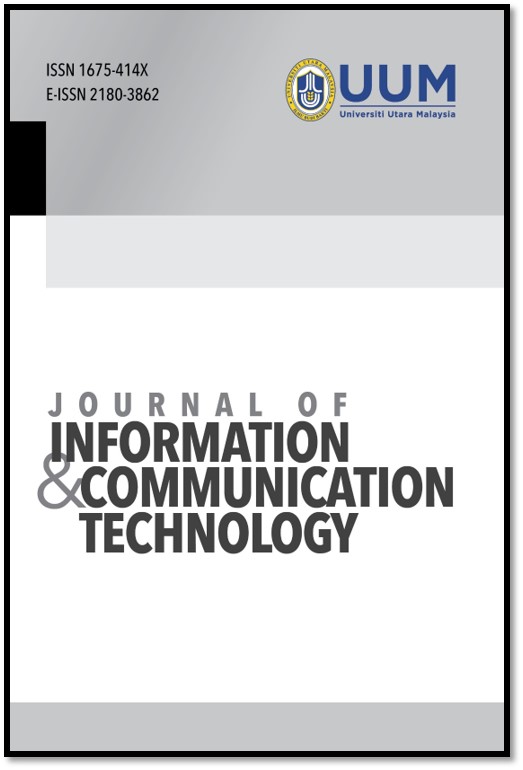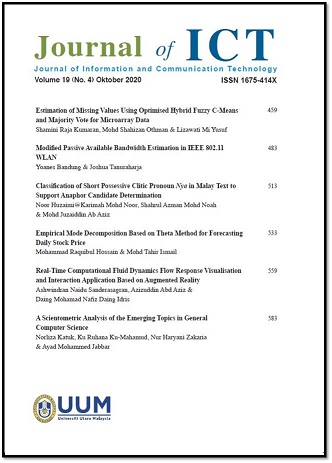EVOLVING NEURAL CONTROLLERS FOR TERRESTRIAL AND EXTRATERRESTRIAL LOCOMOTION IN AN ARTIFICIAL QUADRUPED
Keywords:
{}Abstract
This study explores the use of a multi-objective evolutionary algorithm for the automatic synthesis of neural controllers for the quadrupedal locomotion of an artificial creature in a 3-dimensional, physics-based environment. The Pareto-frontier Differential Evolution (PDE) algorithm is used to generate a Pareto optimal set of artificial neural networks that optimize the conflicting objectives of maximizing locomotion behavior and minimizing neural network complexity. The focus of this artificial life experiment is to firstly evolve embodied locomotion controllers for a physically simulated quadrupedal creature under terrestrial conditions (i.e. simulating Earth’s gravity) and then to investigate the performance of the best evolved controller in this physically simulated creature under different extraterrestrial environments (i.e. simulating gravity on planets other than Earth). It was found that under all extraterrestrial conditions the artificial creature was still able to perform the required locomotion task while in the worst case, some minimal locomotion behavior was still achieved.
References
Published
23-03-2005
Issue
Section
Articles
How to Cite
EVOLVING NEURAL CONTROLLERS FOR TERRESTRIAL AND EXTRATERRESTRIAL LOCOMOTION IN AN ARTIFICIAL QUADRUPED. (2005). Journal of Information and Communication Technology, 4, 117-133. https://e-journal.uum.edu.my/index.php/jict/article/view/8057

 2002 - 2020
2002 - 2020
























